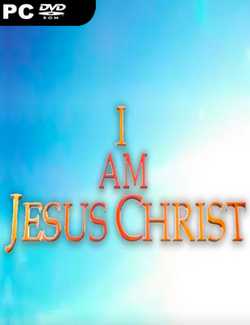
People sometimes say that eternal life would be just boring: you know, sitting on a cloud and shouting “hallelujah”, or something. It means there are many “stages”, and all these “stages” will be open to us. So the picture is not one of a celestial hotel with everything laid on - “This is your room!” - but of a process. The original word might better be translated as caravanserai. JP: Incidentally, about “many mansions”: that’s a poor translation of the Greek. PM: But the most important concepts that Christ seems to use are “eternal life” and “resurrection”. JP: These are all images, if you like, thought-experiments about what it may be like. I mean, we have “paradise”, we have “many mansions”.

PM: In his lifetime, on this earth, it seems to me that the one consistent thing about Christ’s utterances concerning life after death is the phrase “eternal life”. The original meant just “Hades”, the abode of the dead, not a place of fire and torment. PM: And, of course, what strikes everyone is that Christ said that the thief will be in paradise and not in hell, despite the thief being a sinner and all the rest of it. I think essentially what Christ is saying is that what is good in you - and your repentance shows there is a seed of that - will not be thrown away.

I mean, “paradise” is a sort of garden - it’s a Persian word meaning "garden" so I don’t know what the best translation for it would be. It’s well rehearsed in theological circles. For instance, I think, perhaps, the reason a lot of people assume that they or their loved ones go straight to heaven is, of course, Christ’s words on the cross to the penitent thief about being “in paradise with me today”.

The scriptural record of what Christ said about these things is documentary evidence, since he has authority. PM: I suppose, by empirical I mean the written word. John Polkinghorne: I don’t think empirical is quite the word, because empirical implies that you can manipulate it, tie it to a board and take measurements, that sort of thing. Patrick Miles: Would it be true to say that the only empirical evidence we have for there being a life after death is the scriptural record of what Christ said about it?


 0 kommentar(er)
0 kommentar(er)
